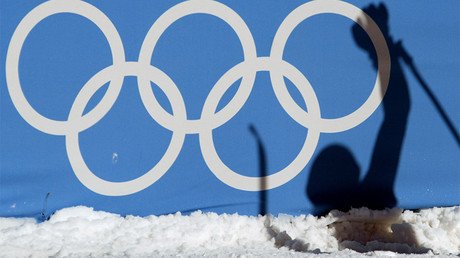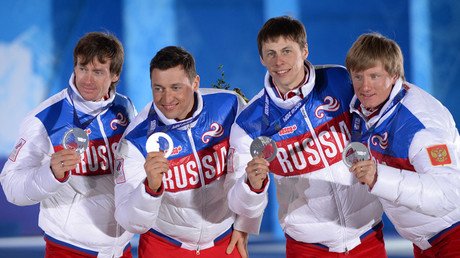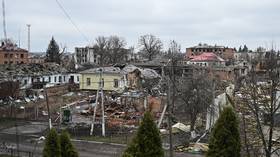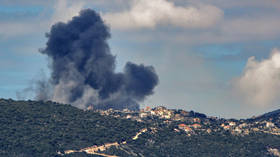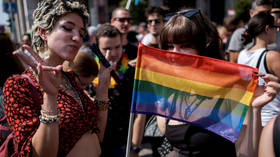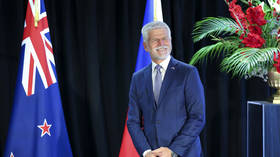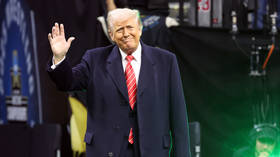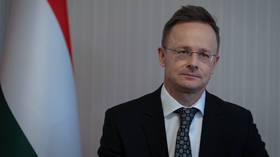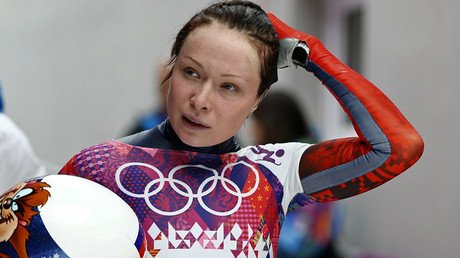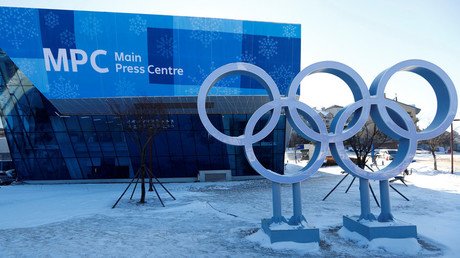Victory of reason: Olympic ban reversal shows how inept the 'Russian doping' saga is
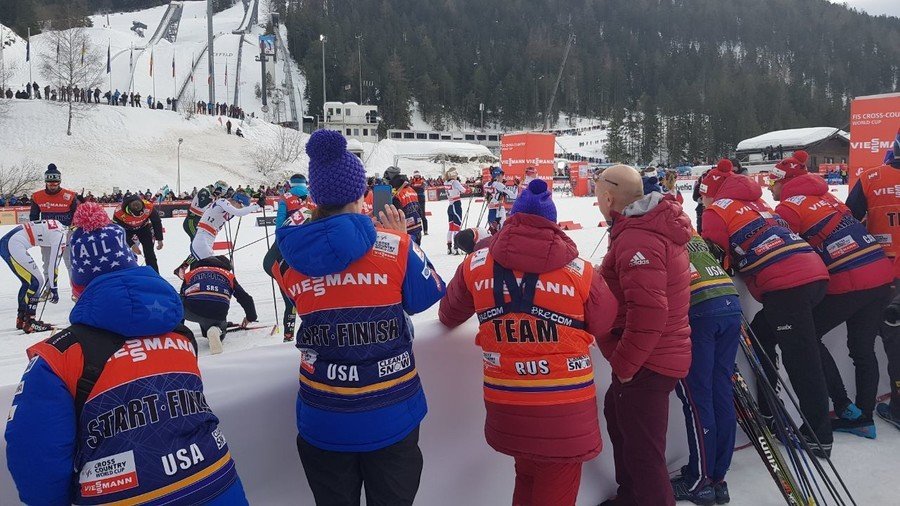
Today's decision by the Court of Arbitration for Sport (CAS) to uphold the appeals by Russian athletes could be described in one phrase: Sanity prevailed.
Ever since "the Russian doping scandal" began in the spring of 2016, the world of sport has been divided into two camps: On one side, the “believers," those who came to trust the allegations of what was described as "systematic state-sponsored subversion of the drug testing processes by the government of Russian Federation" as voiced in the McLaren Report of 2016 and later repeated and expanded on by Dr. Grigory Rodchenkov, who fled Russia for the United States.
READ MORE: Top sports court overturns IOC’s ban on 28 Russian athletes in groundbreaking ruling
The "believers" were and are opposed by the "skeptics," those who demanded to see more concrete proof of guilt, other than Rodchenkov's testimony.
Here are the big questions skeptics were asking – and so, indeed, should anybody who doesn't automatically believe in everything the New York Times is writing.
Is it feasible that the "systematic state-sponsored doping program" would include only some Russian athletes of international caliber, but not the others? Wouldn't those not listed feel enraged and upset? The doping, after all, gives an unfair advantage, and in individual sport, that little bit more translates into medals and material prizes. Yet, not a single Russian athlete who participated in the Sochi Olympics went on to support Rodchenkov’s claims.
Rodchenkov himself, by all accounts, is a larger-than-life personality. Even those in Russia who directly suffered from his allegations admit that he was/is a very gifted biochemist – but one that is extremely full of himself. In all his testimonies, one line is consistent: "I devised this and that and I implemented it... me, me, me." That begs the question: How come top Russian athletes did not stop performing at the highest levels after Rodchenkov departed for the United States? If their results were "fueled by doping," surely they would drop massively without Rodchenkov's magic concoctions?
Stories about "steroid cocktails mixed with Chivas Regal" and "KGB/FSB agents swapping urine samples through hidden doors" are good for the pages of the New York Times and for CNN panels, but also the least believable. Russian skiers and skaters seethe with anger when hearing such tales. "I never drunk, or sipped on, or gurgled Scotch whisky in my life. I just hate the smell of it!" one Russian athlete said angrily.
Over the last few years, the Russians paid big bucks to sign the best coaches in winter sports. The best, essentially meaning, they made their names coaching other, foreign athletes to victories. One such coach is Markus Cramer from Germany, the former trainer of triple Olympic champion Dario Cologna. Cramer insists that a doping program cannot be implemented without the athletes' coach being in the know – and he has zero evidence of that happening. Which leaves two distinct possibilities: Either Cramer is lying or there's simply no doping, at least in Russian cross country skiing. Nobody has ever questioned Cramer's integrity, certainly not publicly.
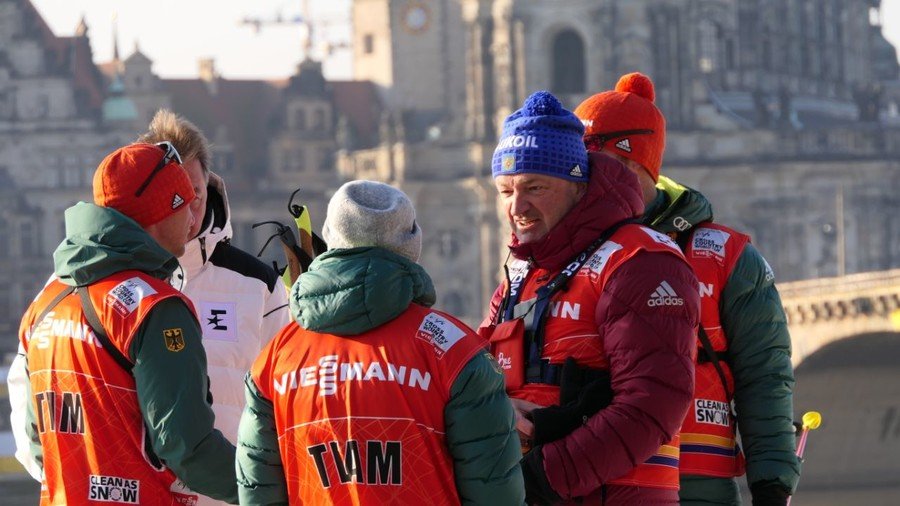
Yet all of the above is dwarfed by that 800-pound-gorilla-in-the-room issue concerning "Russian doping" that proponents of the theory refuse to consider – no Russian international winter sport athlete was caught doping in recent years, certainly not since the Sochi Olympics two years ago. Zilch. Nada.
Top winter sport athletes – skiers, skaters, lugers etc. – spend most of their time training and competing abroad, mostly in Europe. A few people outside the immediate winter sporting circles realize that, unlike, say, in soccer or basketball, where athletes mostly compete at home, the winter sport World Cups and World Championships are a constant "travelling circus" – one week here, next one there. A consequence of this, is the fact that they are constantly being checked on and tested by international anti-doping officials from WADA.
Moreover, all top athletes, Russians included, are registered on The Anti-Doping Administration and Management System or ADAMS. One of its functions is constant reporting of an athlete’s whereabouts, so anti-doping officers know where to find this or that athlete. While all the information regarding testing is considered to be very private, anecdotally, a top athlete is subjected to no less than 40 (forty!) urine and blood tests per year – some a lot more than that. That was the case before the Sochi Olympics, and that remains the case now.
Just to repeat: Zero Russians were caught. And now it's time to ask the really big question: Either the Russians learned how to hide their doping practice so well that no amount of testing, anywhere, anytime could catch them; or there is no proverbial black cat in that room and, therefore, simply nobody to catch.
Imagine for a second that Russians – even without that "evil genius Rodchenkov" – are so good at covering their tracks, then how about the others? Wouldn't they be also tempted? The logic dictates that in that case, the entire international sport system is tainted – but nobody ever suggested that, not even hinted as much.
Those must have been the questions members of the CAS panel asked themselves while weighing their decisions.
There is a major difference between the International Olympic Committee (IOC) and CAS. The former is, essentially, a private organization, free to set its own rules, standards and admission norms. It is also an organization increasingly dependent on sponsors and paying partners. The biggest of which happens to be US-based media companies.
CAS, however, is an impartial arbitration, a court that in practice operates under the Swiss law (" … in the context of ordinary arbitration, the parties are free to agree on the law applicable to the merits of the dispute. Failing such agreement, Swiss law applies"). Unlike the IOC, it does not have to balance interests and demands of its sponsors against those of athletes.
For all the talk of "proven corruption of the Sochi 2014 Games," there's actually no evidence thereof – and today's decision by CAS is ample proof of that.
The statements, views and opinions expressed in this column are solely those of the author and do not necessarily represent those of RT.
